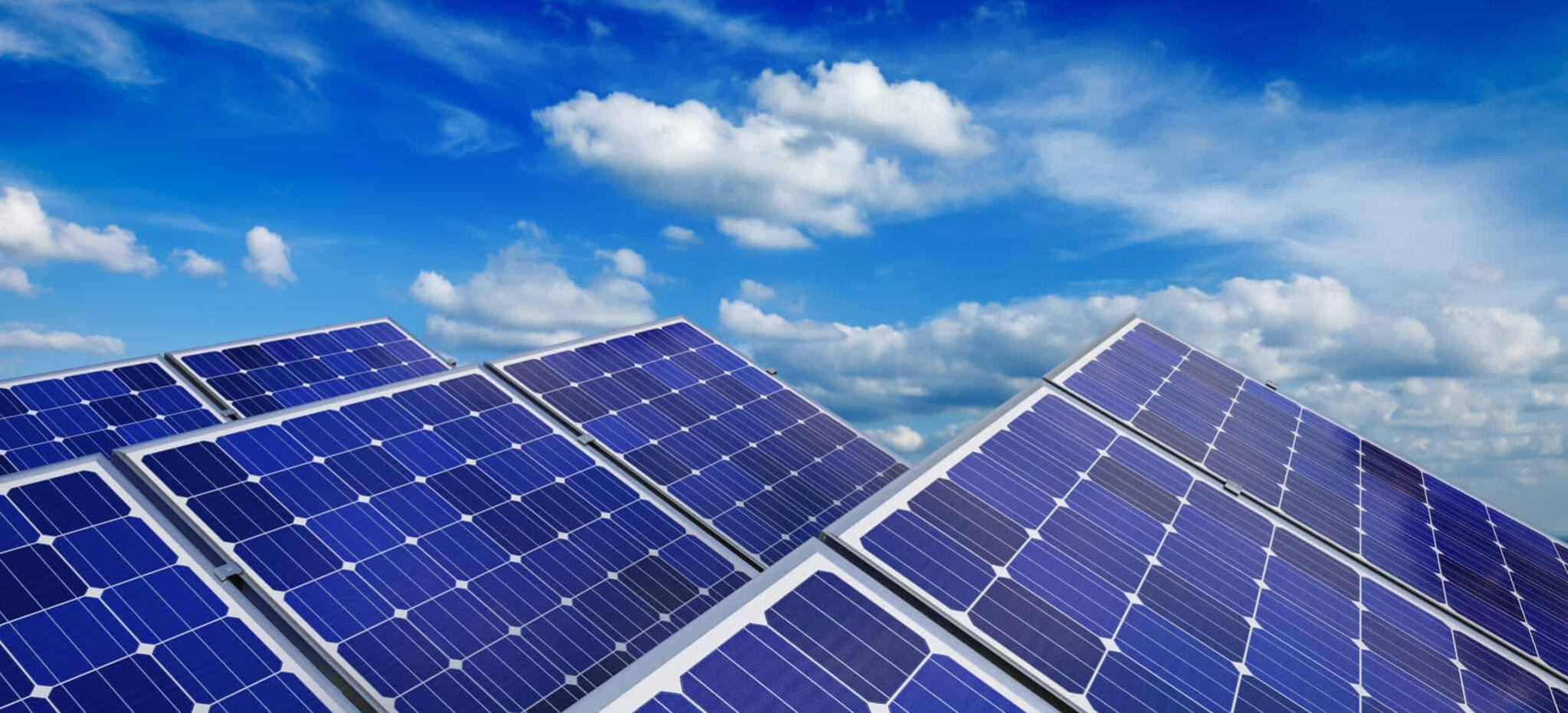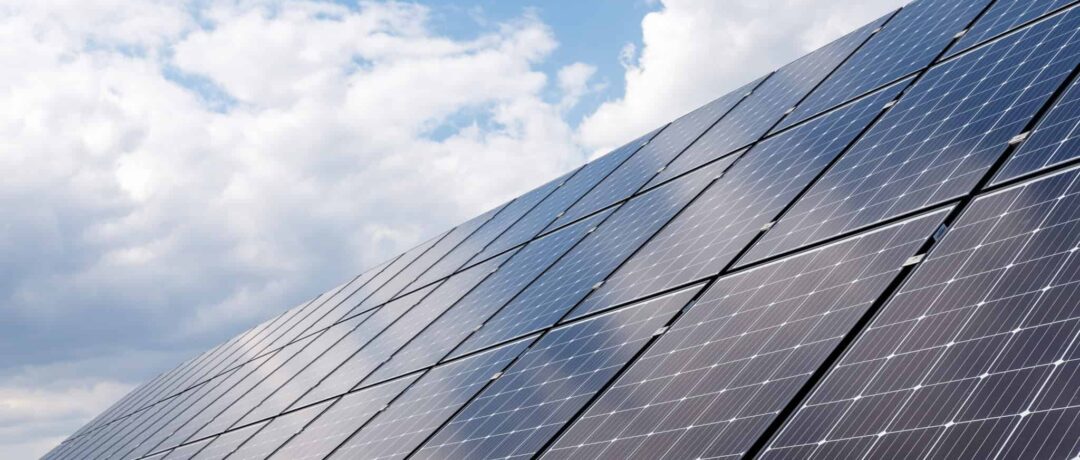Going solar is an expensive endeavor that many people are embarking on at the moment. It is great for the environment, and it helps save money by lowering your bills. However, simply switching to solar energy is not that simple, so homeowners have many questions about the entire process. One of the most common questions is: “how well will my solar system work on a cloudy day?”
Stay tuned if you want to find out the answer.
How Do Solar Panels Work in the First Place?
Solar panels work by absorbing sunlight. They convert sun rays into direct current (DC) energy. Since you need alternate current (AC) energy to power your home, a solar system also has an inverter that turns the DC energy into AC one.
The science behind the panels is quite simple. They can transform sunlight into energy because they are made of numerous photovoltaic cells. When sunlight hits the cells, the electrons within them break free and create a strong electric current.
Now, for the energy to be the strongest and the panels most effective, the sunlight has to hit the cells as directly as possible. That becomes a problem on cloudy days when the sun is obscured.
What Happens on Cloudy Days?
As mentioned above, your panels need direct sunlight to be at their most effective. However, that does not mean that they will stop working on cloudy days. It just means that the panels will not be as effective as usual. Still, they will work and produce energy regardless of the weather.
It is not too hard to see why. On cloudy days, the sun is not completely absent from the sky. No matter how heavy the cloud coverage is, a certain amount of sunlight will still hit the panels. If it is raining, the sun rays might even be reflected by raindrops. So, your panels will still be able to produce some energy and power your home.
What many people don’t know is that rain can also be good for your panels. The water can help clean them, which will result in the panels absorbing the sunlight more effectively. So, cloudy and rainy weather won’t hurt your home or your energy production significantly.
Net Metering — A Way to Be Safe on Cloudy Days
Net metering is an energy billing mechanism that allows solar homeowners to use the energy their panels generate anytime they want. So, you get to make a lot of energy on extremely sunny days and then save anything you don’t need for a rainy day. You also get to save money, as no amount of energy gets wasted and sent back to the grid.
With an excellent net metering policy, you will be able to make the most of your panels. You will be able to use the same amount of energy regardless of the weather, and nothing will be lost. Thus, it won’t matter if your panels can’t be as effective on cloudy days. You will still have enough electricity to power your home and all your appliances anyway.
To Conclude
Switching to solar energy is becoming one of the hottest new trends. Before they make a decision about it, homeowners have many questions they need to know the answer to. One such question is how well their solar system will work on a cloudy day.
And the answer is simple. The panels can’t make the same amount of energy as usual, but they will indeed work. And with a good net metering policy, you will always have enough energy for your home.
What Else Should I Know About Solar Energy
What is Net Metering?
Weathering the Storm with Atlantic Key Energy Home Energy Storage
Do Solar Panels Work in the Shade?





